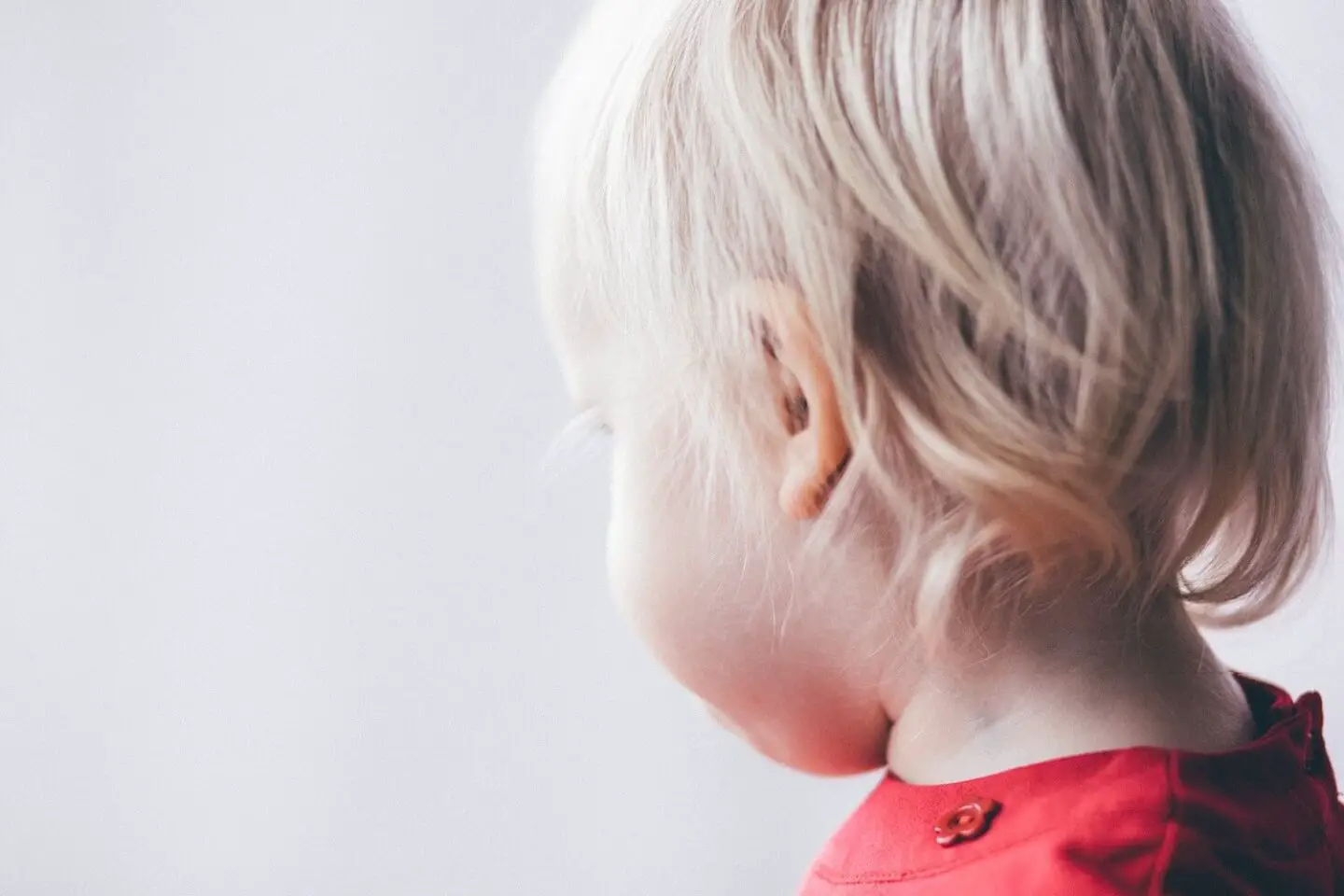Collaborative Post
About 360 million people around the world, or roughly 5% of the global population, deal with the handicap of hearing loss, according to statistics from the World Health Organisation (WHO). Though hearing loss occurs most frequently among the elderly, oftentimes as a result of the natural ageing process, a significant chunk of the younger population suffers from hearing loss, too. In fact, in a country like Singapore, as many as 3 in 1000 babies are born with hearing impairment. Hearing loss is also among the most frequently occurring birth defects among Singaporean babies, with others being heart defects, musculoskeletal defects, and urinary defects.
Given that certain genetic mutations can serve as precursors for hearing loss, it is often a genetic issue. But it can also occur as a consequence of an injury or infection. For example, a child may experience significant hearing loss if their auditory pathway has been damaged from a high-impact sports activity. Hearing loss from ear infections is often temporary in nature, but the symptom can also be indicative of a more serious condition like an abnormal bone growth or tumour in the ear.
If left unaddressed, your child’s hearing loss can cause problems in their speech and cognitive development. It can also hamper their responsiveness in dangerous situations, such as when they cannot hear a vehicle moving too closely towards them. Lastly, hearing loss can leave a negative impact on your child’s social life and self-esteem, thus affecting their general quality of life.
As with other paediatric conditions, early detection of hearing loss and treatment of its underlying causes are crucial in improving your child’s odds of a happy and healthy life. In that vein, below are some signs of hearing loss to watch out for. Seek a doctor’s expert opinion if you observe the following in your child:
Your Child Doesn’t Respond to Loud Noises
It’s a natural impulse to flinch, cover one’s ears, or investigate the source whenever a loud noise suddenly occurs. But if your child doesn’t seem to respond to very loud noises around you, like the sound of a dish breaking or the sound of a volume knob accidentally being turned up too high, it may be a sign that their hearing is impaired in some way.
Your Child Has Stopped Babbling or Speaking
You may also be able to tell if something’s wrong with your child’s sense of hearing if they don’t babble to themselves, or—if they’re already at an age where they know how to talk—if you don’t hear them talk as often as before. Babies naturally like to babble because it’s a way of experimenting with sound, and toddlers and young children often like to verbalise their natural curiosity for the world.
If it seems like your child is not as vocal as they naturally are or as they should be according to the development milestones for their age, that may be because they cannot hear themselves. This is a good reason to seek the help of specialists like audiologists and therapists.
Your Child Does Not React to Human Speech
Another indicator that your child may be suffering from hearing loss is that they do not react right away to human speech like verbalised instructions, for example. It’s either that, or that your child only responds when they can see your face and infer what you mean to tell them through context clues like your facial expression.
Observe how your child responds to you when you use written communication or speech accompanied by gestures and facial expressions. Then, observe how they respond to you when you use speech alone. If you’re having trouble communicating the latter way, it’s time to schedule a check-up for your child.


Your Child Is Experiencing Problems in Their Academic or Social Lives
Finally, you may be able to tell if your school-aged child has problems with their sense of hearing if, in addition to any of the signs above, they’ve started to fall behind in their academic performance. They may also seem more withdrawn than usual and less keen to socialise with their peers.
Parents should not forget the psychosocial aspect that comes with having any kind of sensory impairment. Not being able to hear properly can make a child feel stressed and anxious, and they may also be too scared or embarrassed to open up about their problem. If you’ve perceived these signs in your child, make sure that they feel supported and validated in their concerns. Then, commit to finding a solution together as a family.
Takeaway: Getting Treatment for Your Child’s Hearing Loss
The exact treatment for your child’s condition will depend on the root cause and severity of their hearing loss. But all cases must start with a thorough diagnosis that involves getting a blood sample and going through a formal audiological evaluation.
Once you and your child’s doctor have a clearer picture of their condition, you can discuss appropriate interventions like getting surgery for a cochlear implant or purchasing a hearing aid for your child. If the issue is indeed a genetic one, this may also be a good time to test other members of your family for their predisposition to hearing loss.
All the while, be a supportive parent to your child as you navigate the circumstances together. Hearing loss and other forms of sensory impairment can be frightening and discouraging to your child, but with your reassurance, it’s something that you will be able to work through together.

